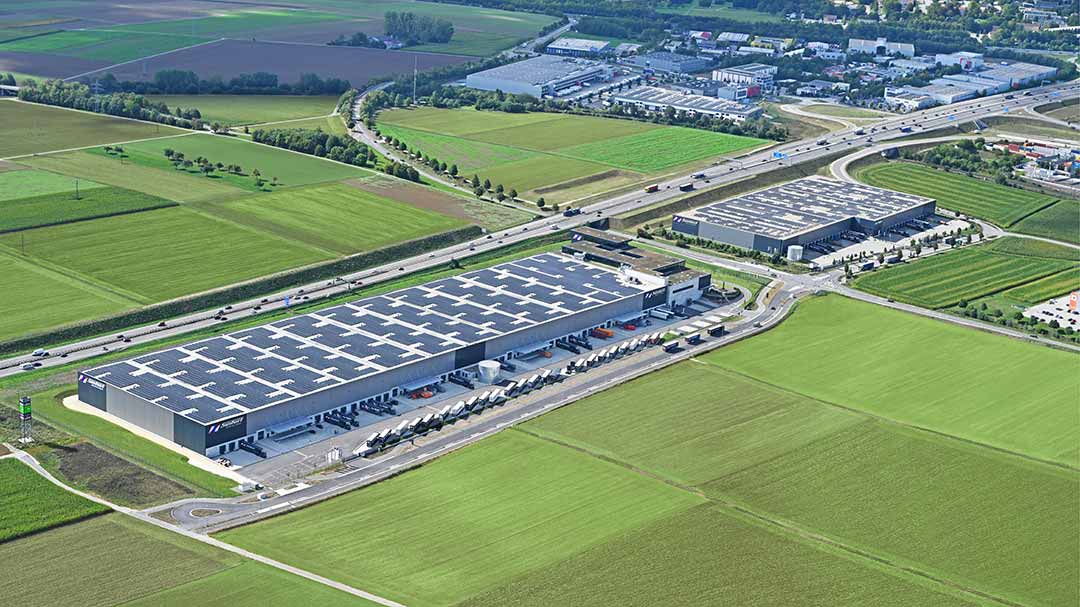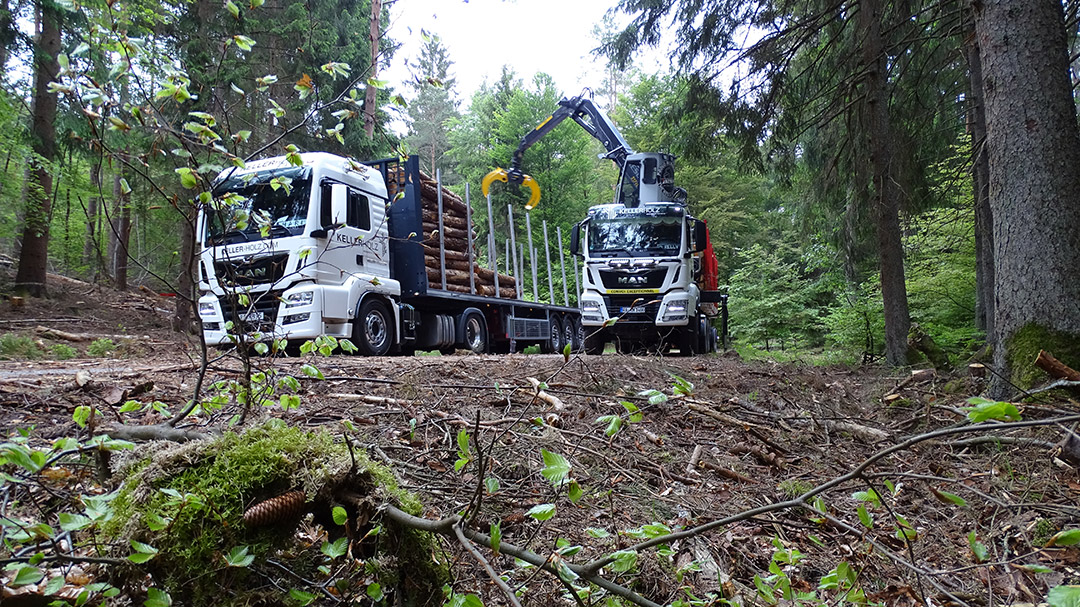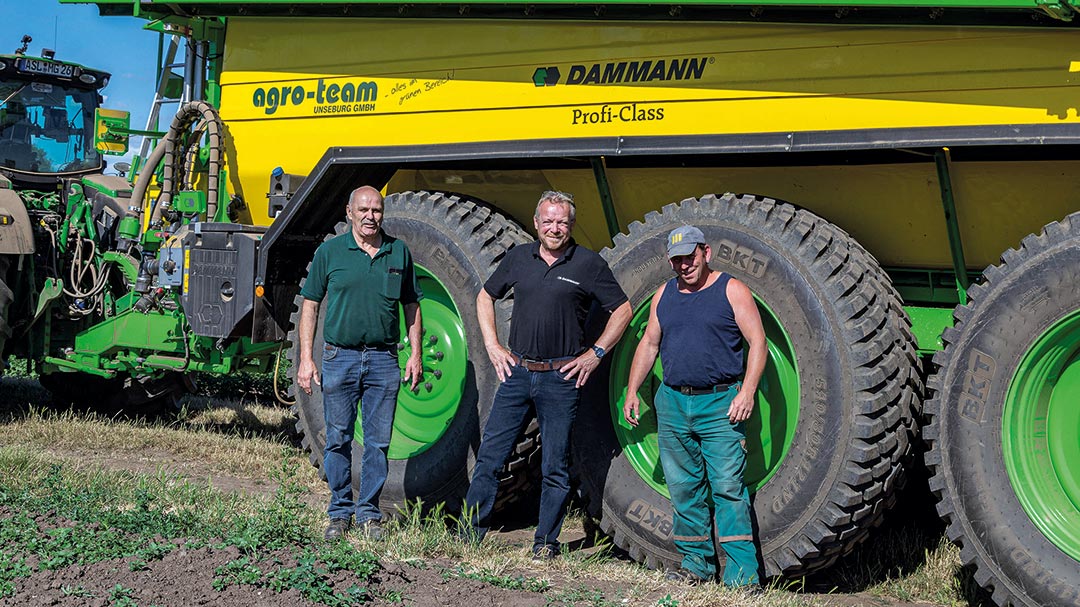Reading time approx. 3 minutes
Text: Juliane Gringer
Photos: Seifert Logistics Group
The Seifert Logistics Group has built a state-of-the-art logistics centre at its headquarters in Ulm. In September 2023, entrepreneur Harry Seifert reported on how he intends to become self-sufficient in energy and make his haulage and logistics company CO2-neutral at the Wiehl Forum organised by BPW Bergische Achsen.
Drones and robots in the warehouse
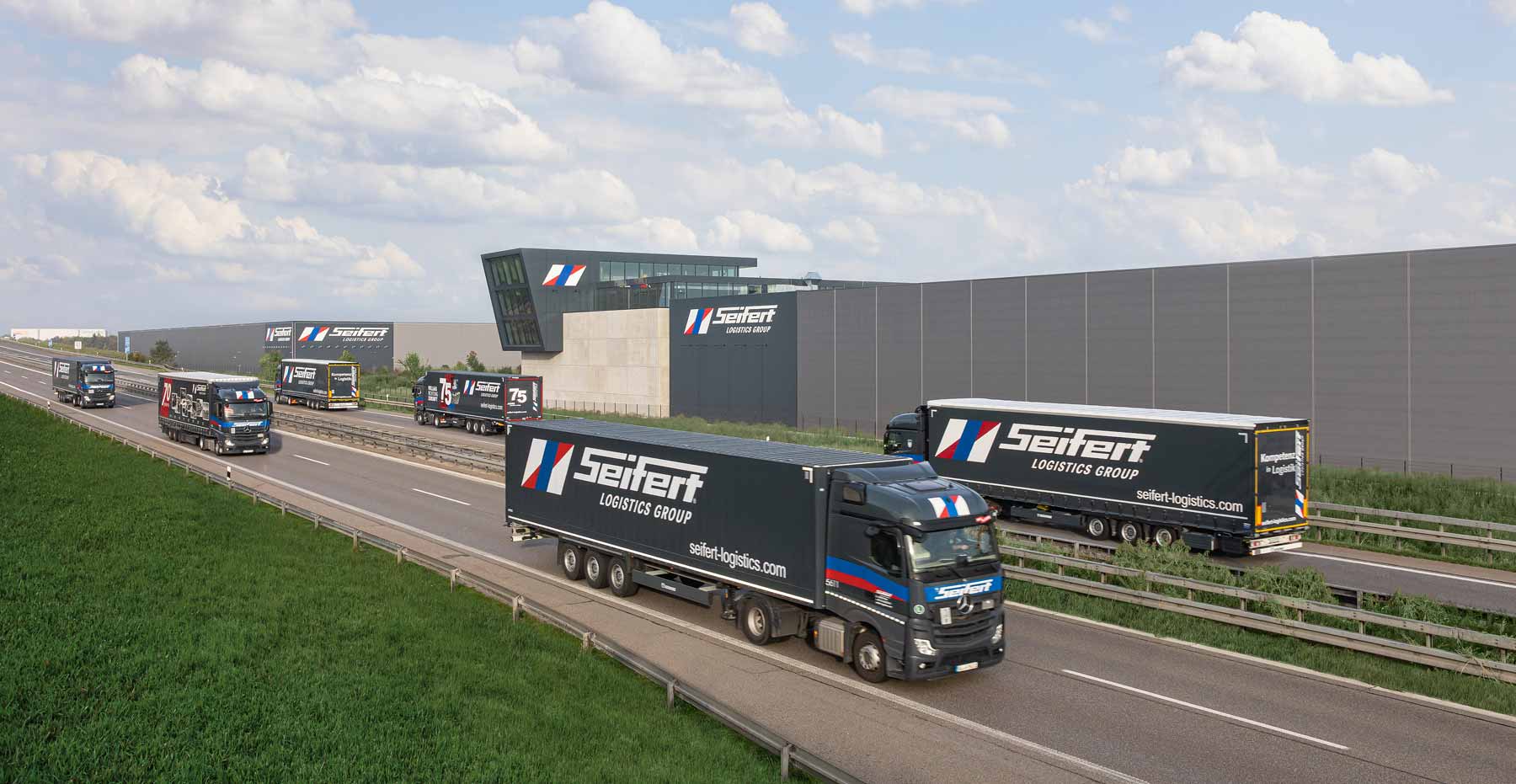
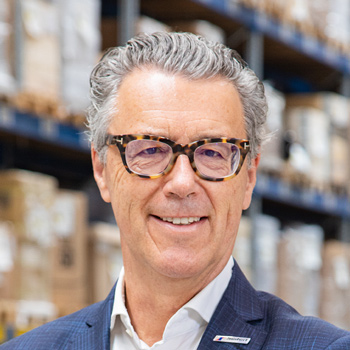
»We want to be CO2 neutral.«
Harry Seifert, Chairman of the Advisory Board of the Seifert Logistics Group
Many regulatory hurdles
»Electrically powered vehicles are supplied with electricity in a digitally controlled manner on the ramp during loading and unloading.«
Harry Seifert, Chairman of the Advisory Board of the Seifert Logistics Group

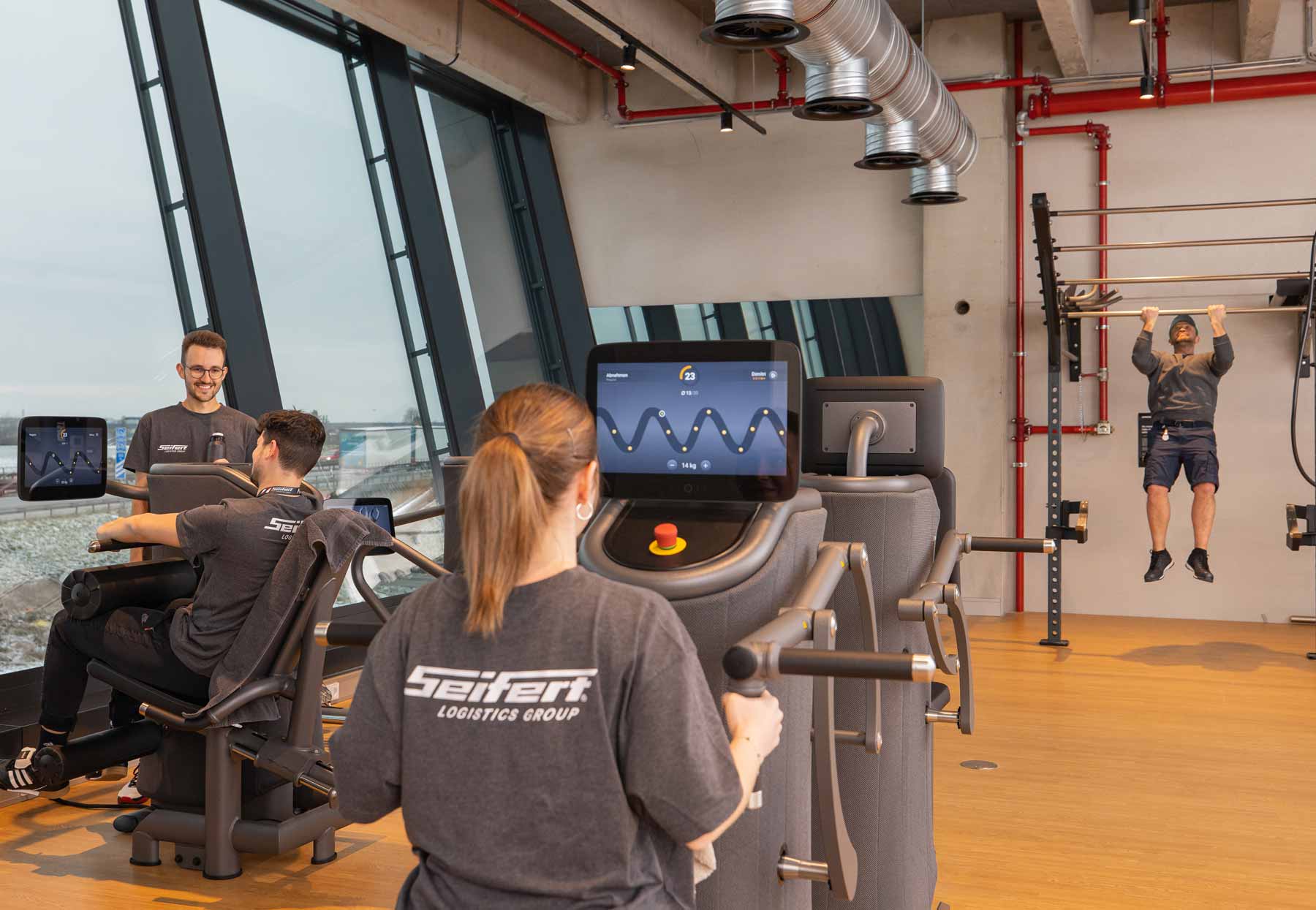
Logistics is indispensable for society
For Harry Seifert, logistics is indispensable for society. He compares it to blood circulation in the human body: “We supply everything.” He himself has been heavily involved in the development of this supply system over the past decades: the company’s history began in 1947 with five employees, today there are around 4,000. Harry Seifert is now Chairman of the Advisory Board, his son Julian has already joined the company and represents the third generation of the family business. With Axel Frey as CEO, the management team has already been rejuvenated by one generation. Seifert senior knows that his company depends on the people who work there. That’s why he clearly placed the employees and their well-being at the centre of the planning of the major project at the Ulm site: he wants to offer them healthy workplaces where they can feel good – true to the motto “Employees First”.
The company is tackling the shortage of skilled labour in both the commercial and industrial sectors by positioning itself as an industry leader in terms of employer attractiveness. This goal is built on three pillars: a healthy working environment, a healthy diet and physical fitness. These are most visible in the modern office environment with open-plan work areas, lounges and creative spaces, as well as in the in-house fitness centre which employees can use free of charge. And in the company restaurant “Franzl”, named after the company founder Franz Xaver Seifert, where fresh food is cooked daily. For Harry Seifert, a good corporate culture is extremely important – new employees are assigned experienced team members as mentors, and he always welcomes trainees personally. This extensive commitment has not gone unnoticed: “We receive a lot of unsolicited applications.”

